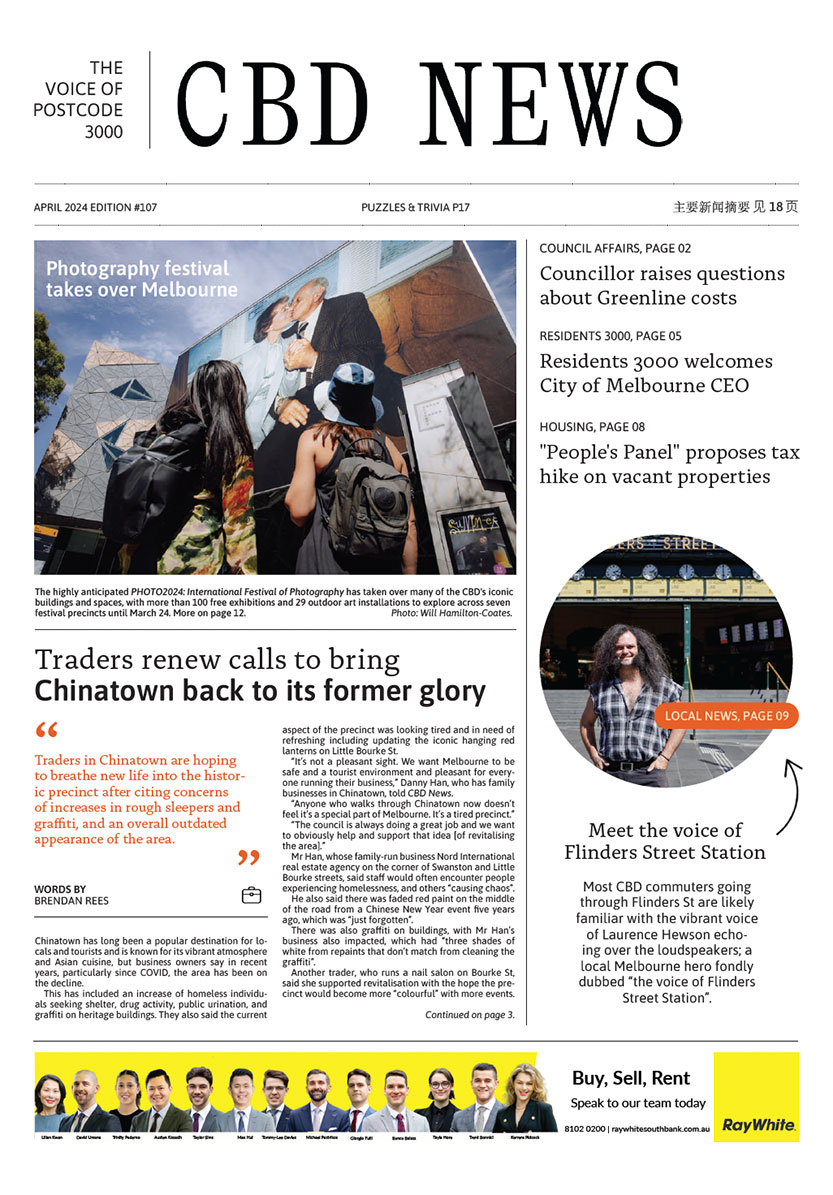How to reduce our use of plastic bags
A simple internet search will bring up countless articles on the detrimental impact of plastic bags on the environment. Here are some tips to help relieve the problem.
Plastic bags are light and fly about. They tend to end up in landfill, in water ways, in the ocean and they block drains in cities. Evidently, they cannot be recycled. If they do find a place in the soil (landfill) they stay there. These bags will still be there over one hundred years from now. Not good for the environment. They get into the food chain. They are known to kill our precious birds and fish.
You may wonder why we have plastic bags anyway? Well, they were invented to help with the preservation of food. Food wrapped in a plastic bag lasts longer in the refrigerator. Wrapping food in plastic is hygienic. Plastic bags can be made cheaply, they are strong and they are often transparent which helps in identifying their contents.
However, as a community we are responding to the mounting problem of too much plastic in our environment. We need to look after our planet. After all, we only have one.
Measures are being taken to ensure plastic bags in supermarkets are not provided for single use any more. What can city people do to significantly reduce their use of plastic bags?
Always take your re-usable bag(s) with you to the market, supermarket and for general shopping. Be bold and refuse the offer to take your goods away in a plastic bag;
Use smaller, mesh bags for citrus, apples, potatoes, carrots, beans to name a few. There are all manner of vegetables and fruit that have their own skins and do not need to be transported in a plastic bag;
Use paper bags where possible as paper bags are bio-degradable;
Re-use the recyclable containers before they have to be re-cycled. In the photo, the strawberry container was used for cherries the following week; and
In the refrigerator, put mushrooms in their paper bag and then add a plastic bag over the top. The mushrooms and other vegetables will keep really fresh for a long time using this method. The paper bag is disposable, but the plastic bag can be used over and over again, as it is not contaminated with the item being preserved.
Have you noticed that bio-degradable plastic bags are now starting to appear in our supermarkets? Always buy the bio-degradable ones! Even cling wrap which is so useful for wrapping left-overs, comes in a bio-degradable version now.
What about the larger plastic bags used for general household rubbish? The plastic bag is required for health reasons and to facilitate disposal down the chute in apartments. Well, somewhat magically, these bags too are starting to be available in the bio-degradable versions. Buy these.
With just a little thought and ingenuity, city people can make a difference to the plastic problem. Bring out the inventor in yourself and see how many plastic bags you can avoid using! It is quite a good fun game to play and your efforts are rewarded with a satisfying feeling of doing something to help our planet’s health.
Forums first Thursday of every month
Residents 3000 holds a forum on the first Thursday evening of each month at the Kelvin Club where you can be informed about crucial issues for CBD residents and perhaps, more importantly, meet other residents and start to join a community that will make living in the city even more rewarding than you expected.
Events are published on the Residents 3000 web site: www.residents3000.com.au as well as on our Facebook page at: Residents3000.
Our next event has been confirmed for March 7 at 6pm – Meet and discuss with our parliamentarians – federal member Adam Bandt, Fiona Patten MLC and state member, Ellen Sandell MLA.
Members and guests are welcome. If you are not sure whether Residents 3000 is for you, just come along as a guest for a few times to try us out!
Susan Saunders
Vice President
Ph: 0412 566 606
email: [email protected]

Backloading across borders with Transcorp – navigating interstate moves with ease






 Download the Latest Edition
Download the Latest Edition